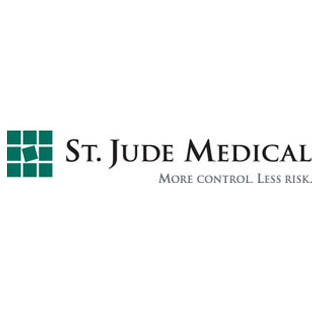
Somewhat bigger than a common man’s watch, the Brio neurostimulator is claimed to have a slim 10mm profile and weighs approximately 29 grams which may be about 1oz. Moreover, the device may have the maximum recommended implant depth of any rechargeable DBS device. The slim profile and better implant depth may probably make the neurostimulator less visible and more at ease for patients.
“Deep brain stimulation therapy is often the preferred treatment for many Parkinson’s disease patients. For these patients, device size and longevity are important considerations. The small size of the Brio neurostimulator is a real improvement and was a good choice for this patient,†commented Professor Dr. Volker Sturm, chairman of neurosurgery at the University Hospital of Cologne.
The process was conducted by Professor Sturm’s colleague, Dr. Mohammad Maarouf, at the University Hospital of Cologne.
The Brio DBS system may carry mild electrical pulses to definite targets in the brain, motivating the structures that could be caught up in motor control. The system apparently comprises of a neurostimulator i.e. a surgically implanted battery-operated apparatus that may produce electrical pulses and leads which could transmit the pulses to the brain to manipulate the irregular nerve signals, which could be accountable for the symptoms of Parkinson’s disease.
Chris Chavez, president of the St. Jude Medical Neuromodulation Division, commented, “The Brio neurostimulator is an important addition to our family of deep brain stimulation systems. We are excited to offer physicians a best-in-class product to help them meet the needs of patients who require a smaller, long-lasting rechargeable system in order to better control the symptoms of this debilitating disease.â€
In addition to its tiny size, the Brio neurostimulator may have the longest battery life of any rechargeable DBS device presently on the market with about 10-year battery longevity consent. For patients, this may mean that the device could supply sustainable therapy and preserve a rational recharge interval for at least 10 years of use at high settings. The device’s battery longevity could maximize the time between device replacement procedures.
The Brio neurostimulator has a lot of features. It has a constant current circuitry that may automatically regulate to carry regular therapy over time. It has a dual header that could put up two leads, allowing for bilateral stimulation from one device. High power capacity is apparently seen in the bio neurostimulaor, making it a suitable option for patients who may need high energy settings to control their symptoms. It has a rechargeable battery that could be simply charged through a portable, wireless charging system, giving patients the liberty to recharge comfortably while doing other activities.
Moreover, St. Jude Medical has lately received CE Mark approval for the Guardianâ„¢ Burr Hole Cover System, a DBS system component that may let physicians to capably protect the electrical leads. The Guardian System is supposedly attuned with all St. Jude Medical DBS leads.
An estimated 6.3 million people worldwide may get affected by Parkinson’s disease, according to the European Parkinson’s Disease Association. The disease generally develops in people between the ages of 40 and 70, with a supposed average age of 60 years.
St Jude Medical is at present developing new DBS applications to concentrate on the mounting list of neurological and psychiatric disorders. Clinical studies are apparently ongoing in the U.S for depression and essential tremor.

